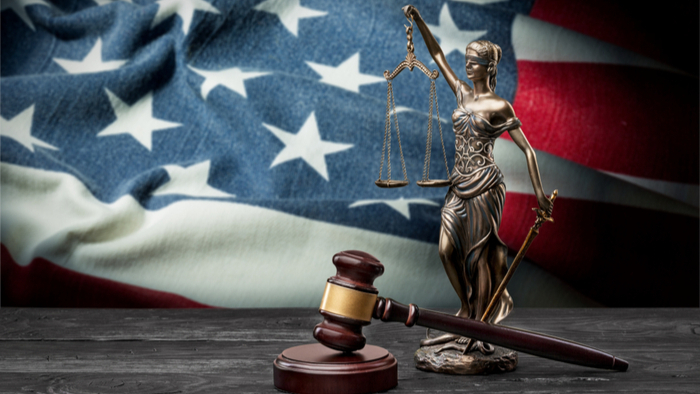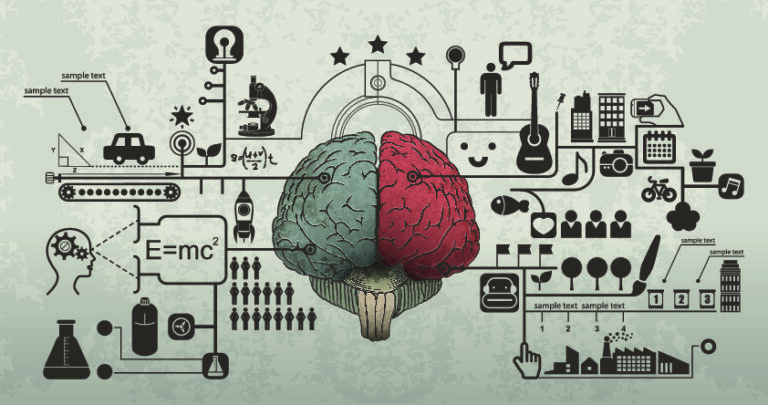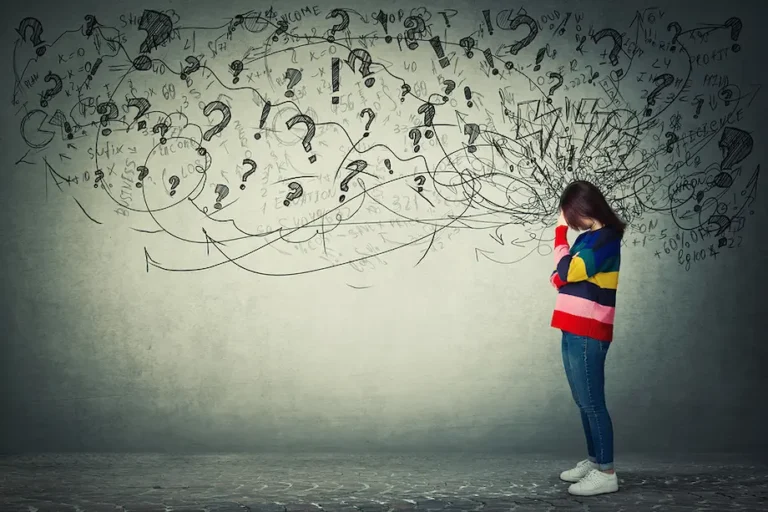Criminal Justice Reform America
Criminal Justice Reform America, In the intricate web of American society, the criminal justice system serves as both a safeguard and a mirror, reflecting the values, inequalities, and aspirations of the nation. However, the reflection isn’t always clear or just. For decades, voices from various corners have called for a reform that addresses systemic flaws, disparities, and inefficiencies within the system. The quest for criminal justice reform in America is multifaceted, involving legal, social, and political dimensions, each posing its unique challenges and opportunities.
Understanding the Current Landscape.
To embark on the journey of reform, it’s essential to first grasp the complexities of the existing system. The United States, often touted as the land of the free, has the highest incarceration rate in the world. Despite constituting only about 5% of the global population, the U.S. holds nearly 25% of the world’s prisoners. This startling statistic underscores a profound issue within the system: mass incarceration.
Mass incarceration isn’t merely a result of higher crime rates; it’s also a consequence of policies and practices that emphasize punishment over rehabilitation. Mandatory minimum sentences, three-strikes laws, and the war on drugs have disproportionately affected communities of color, exacerbating racial disparities within the criminal justice system. Black and Latino individuals are more likely to be arrested, receive harsher sentences, and face hurdles upon reintegration into society post-release.
The Imperative for Reform.
Criminal justice reform isn’t a matter of mere preference; it’s a moral and practical imperative. The current system perpetuates cycles of poverty, disenfranchisement, and recidivism. It strains state budgets, undermines trust in law enforcement, and fails to deliver equitable outcomes. Moreover, it runs counter to the principles of fairness, rehabilitation, and redemption that underpin a just society.
Reform advocates argue for a paradigm shift: from punitive measures to restorative justice. This approach prioritizes repairing harm, addressing root causes of crime, and reintegrating offenders into their communities. By investing in education, mental health services, and substance abuse treatment, society can address the underlying factors that contribute to criminal behavior.
The Roadblocks Ahead.
While the case for reform is compelling, the journey isn’t without obstacles. Political polarization, vested interests, and entrenched ideologies often impede progress. Some stakeholders, including certain lawmakers and law enforcement agencies, may resist change, fearing it might undermine their authority or jeopardize public safety. Additionally, misconceptions and fearmongering about crime can sway public opinion against reform efforts.
Moreover, implementing reforms requires not just legislative action but also a cultural shift. It demands challenging ingrained biases, confronting privilege, and acknowledging the humanity of both victims and offenders. It requires fostering empathy, accountability, and community solidarity.

Also Read: Political Polarization and Partisanship America
Pathways to Progress.
Despite the challenges, strides toward reform are being made at various levels. States like California, Texas, and New York have implemented measures to reduce prison populations, revise sentencing laws, and expand alternatives to incarceration. Grassroots movements, advocacy groups, and initiatives led by impacted communities are amplifying voices for change and holding policymakers accountable.
Furthermore, bipartisan support for certain reform measures has emerged, transcending traditional divides. Initiatives such as the First Step Act, passed in 2018, aimed to address issues like mandatory minimums, rehabilitative programs, and reentry support. While such measures represent progress, they are just the beginning of a long journey toward comprehensive reform.
Looking Ahead.
The quest for criminal justice reform in America is a marathon, not a sprint. It requires sustained commitment, collaboration, and vigilance. It demands listening to the voices of those directly impacted by the system, centering their experiences and perspectives in the reform process.
As we navigate this path, we must remain mindful of the interconnectedness of justice, equity, and human dignity. True reform isn’t just about changing laws or policies; it’s about transforming hearts and minds. It’s about building a society where justice is not just retributive but also restorative, where redemption is possible, and where every individual has the opportunity to fulfill their potential.
In the tapestry of American democracy, criminal justice reform isn’t merely a thread; it’s a defining motif, weaving together notions of liberty, equality, and justice for all. As we work toward a more just and equitable future, let us remember that the journey is as important as the destination, and that true reform begins with a shared commitment to building a society that lives up to its highest ideals.







